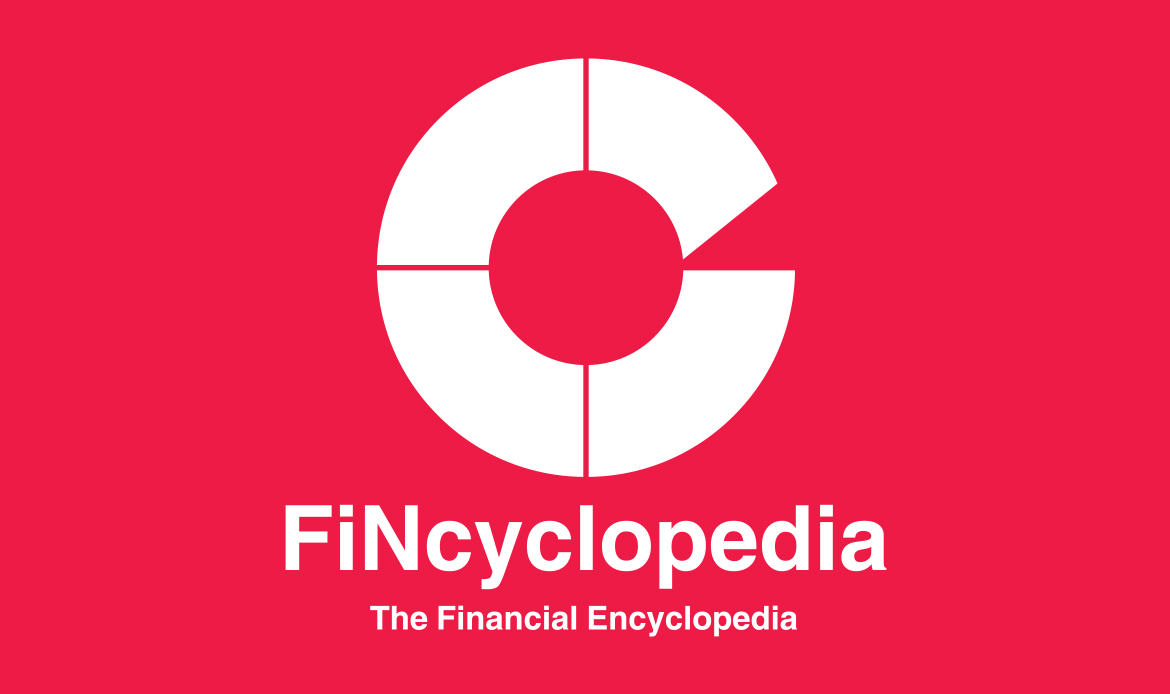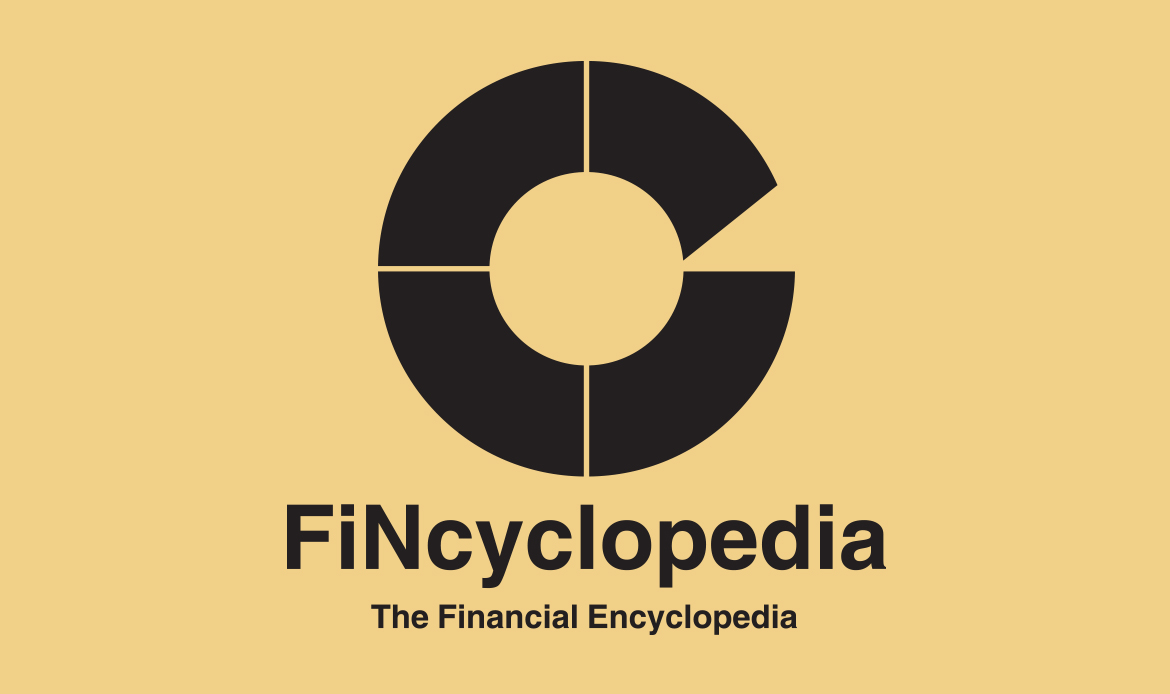A type of ETF (exchange-traded fund) that is designed to have a balanced composition by owning both debt securities (e.g., bonds) and equity securities (e.g., stocks). In so doing, the fund targets a certain exposure to equity securities.
Balanced funds allow investors to have a balanced exposure: the ability to obtain long-term returns, from equity investments, while reining in certain risks with debt securities holdings. By nature, the potential income from debt components tends to be more stable, and with a reduced level of risk.
A balanced ETF may particularly suit the needs of long-term investors who may be a bit risk averse. Such investors may seek to take risk for long term growth but remain more conservative about their investments.
Fort that reason, balanced ETFs are a sort of asset allocation ETFs– offering investors a balanced mix to achieve multiple objectives: capital appreciation, income, diversification, or specific allocations based on planned retirement schemes.
Balanced ETFs may also invest in convertibles, which combines the features and possibilities of both bonds and stocks.






